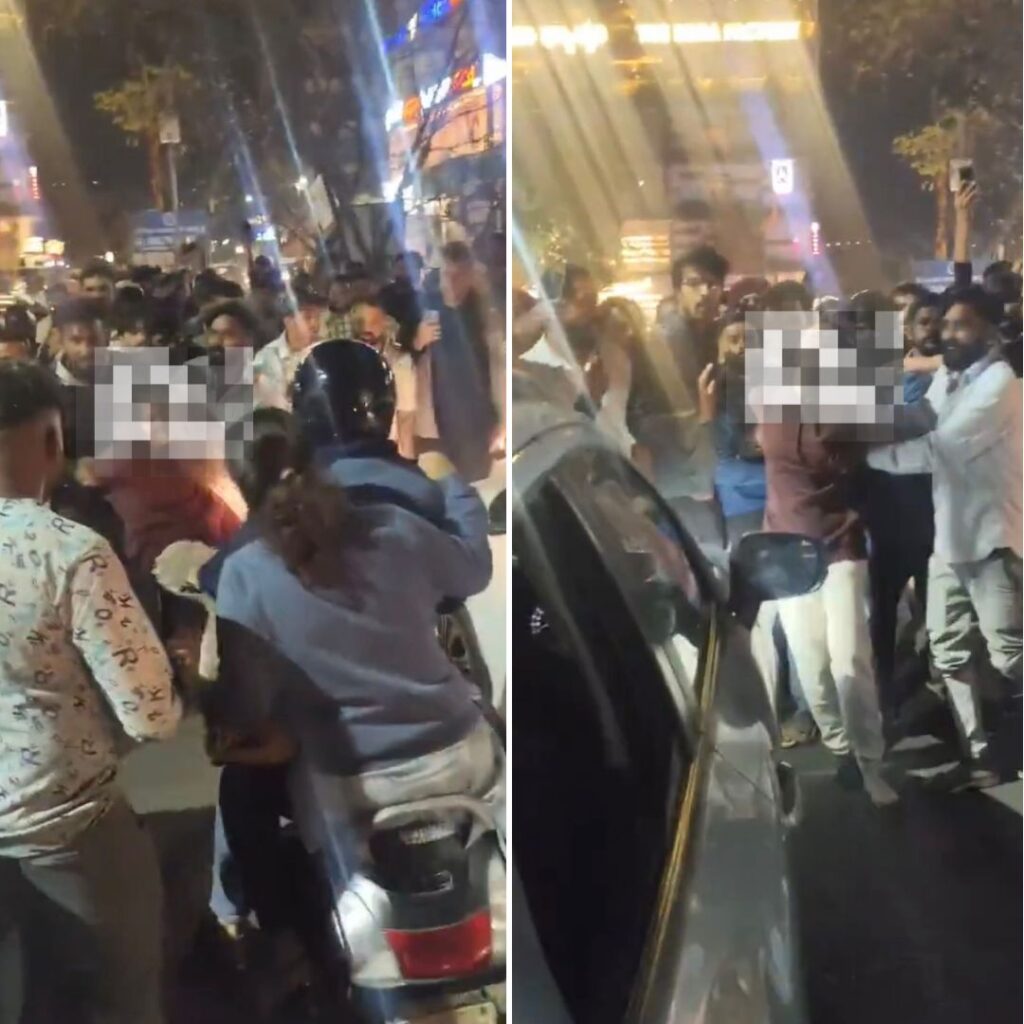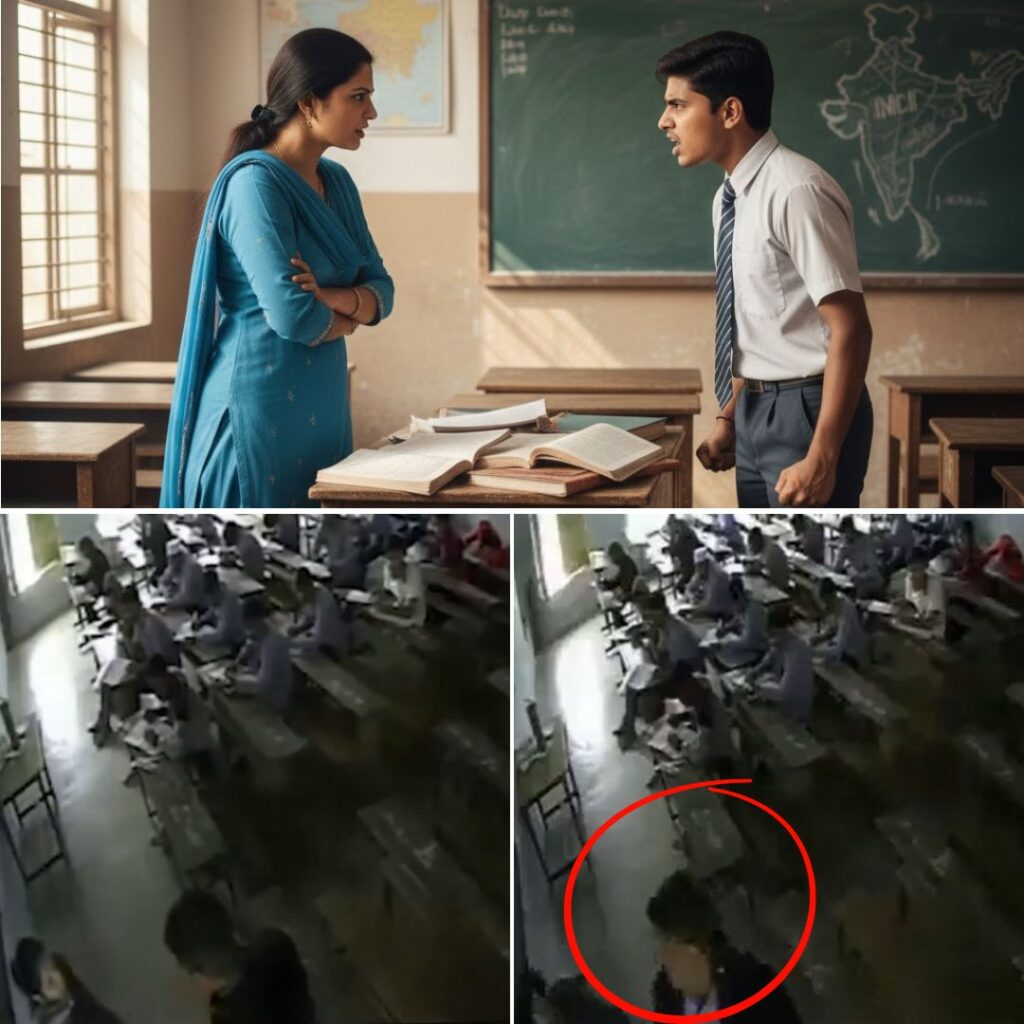I was raped by my gardener when I was five; molested and flashed at by uncles, parents’ colleagues, strangers.
At 24, I wrote in Tehelka about the experience that had made me decide that fighting back was the best way to deal with sexual violence.
My class 12th boards were around the corner, and preparation leaves had started. I had gone to school to get some doubts clarified. Walking back, I peeped into my classmate’s driveway, in the hope of seeing her and saying hi. I saw her father get into his car—I recognised him from photos she had brought to school.
I walked on, only to find, much to my shock and disgust, that her father was driving by and harassing me. A few weeks later, there was a post-boards party at this classmate’s house.
The fear on her father’s face, when he recognized me (with some urging on my part) as the person, he had harassed, changed my life. He, the perpetrator, was afraid, not me. This was when I decided that I would fight back whenever I could.
I had found fighting back empowering. Because—as a young Indian woman, without a golden cage, who wanted the metaphorical and physical world—I would have to do a lot of it. Through words, over the years. And—being tall and strong—even through actions. I began carrying a knife and did so through college.
A man who saw me walking a lonely stretch got off his scooter and went behind a fence to flash at me. He watched as I opened my knife with relish and ripped the seats of his scooter apart.”
All the incidents, each one of them, where I did not retaliate, have left me with a sense of violation. I am still haunted by them. I look at the man with anger who got away with flashing at me, feeling me, using his sexual power against me.
I have felt victimized. But each and every time I’ve fought back and hurt or humiliated the aggressor, I’ve felt whole and complete. Perhaps, on a small scale, it is my sense of justice, my closure.
And it’s not only me. My aunt was in a girl’s hostel during her college years. Men would come and masturbate against the boundary wall, despite repeated complaints to the police, leaving the girls feeling sick and powerless.
The incidents stopped after they filled buckets with urine (patiently, over three days each) and flung the contents at the men on the wall, making those men realize that they couldn’t really get away with everything in a lawless land.
It was also a solution that empowered the women against the few powers that men can still wield against us—the sexual and the physical. Many survivors I have spoken to since have also attested to this feeling.
My biggest way of fighting back has been the writing my book, Why Men Rape: An Indian Undercover Investigation, over seven years. It was released this June and has become a best seller.
To change the world, to make it a better place, for you and for me and the entire human race, as Michael Jackson would say, this is my justice, my closure.
If you too have an inspiring story to tell the world, send us your story at
mystory@thelogicalindian.com













